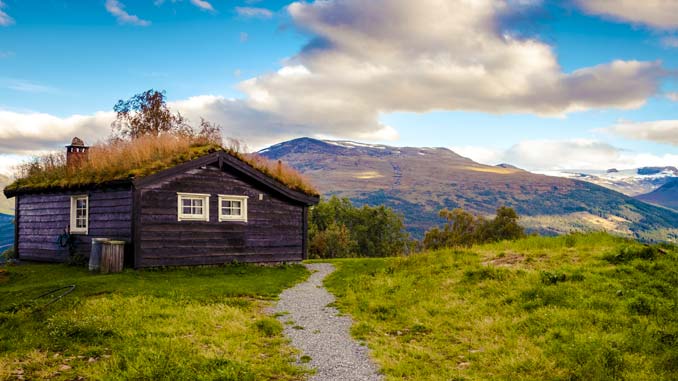
Living off the Grid: What it means, How to Do it, and Everything You Need to Know about the Lifestyle
For some people living off the grid is more than a lifestyle; it’s a dream or a picture of a dream they are trying to attain. While the average everyday drone may call it strange, even try to paint offgriders as weird loners trying to escape responsibility, the truth is those who dream about going off the grid are anything but weird. And they are most definitely not trying to escape from life; they are trying to capture it and live it to its fullest.
In 1845, at the age of 28, Henry David Thoreau traveled to Walden Pond, Massachusetts where he built a simple cabin and began writing some of the most inspiring literature of our time. In his book Walden, he captured the essence of what so many are looking to find when they “go off the grid” when he wrote:
“I went to the woods because I wished to live deliberately, to front only the essential facts of life, and see if I could not learn what it had to teach, and not, when I came to die, discover that I had not lived. I did not wish to live what was not life, living is so dear; nor did I wish to practice resignation, unless it was quite necessary. I wanted to live deep and suck out all the marrow of life, to live so sturdily and Spartan-like as to put to rout all that was not life, to cut a broad swath and shave close, to drive life into a corner, and reduce it to its lowest terms, and, if it proved to be mean, why then to get the whole and genuine meanness of it, and publish its meanness to the world; or if it were sublime, to know it by experience, and be able to give a true account of it in my next excursion.”
Just like today’s offgriders, Thoreau wasn’t attempting to escape from reality; he was trying to live his life to the fullest, to break away from what modern society tells you is living and discover the real meaning of life and what it means to live.
What does going off the grid mean?
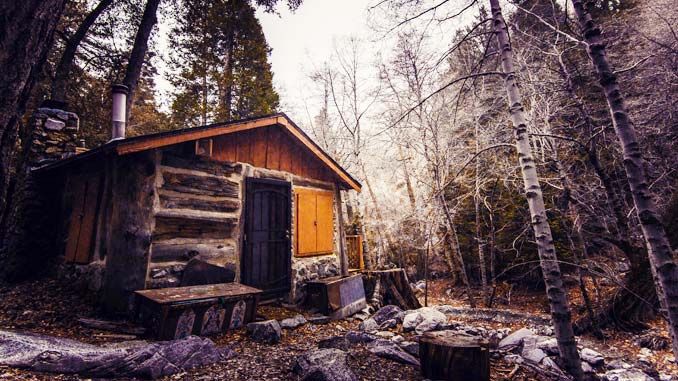
The term off the grid generally means living a self-sufficient lifestyle in a home or shelter that doesn’t rely on public utilities. People who adopt the off-grid life usually take on other aspects of the lifestyle including moving away from urban city centers, rejecting traditional employment and instead working for themselves, and not relying on the government for any type of assistance.
Offgriders themselves are a little harder to pin down and define, as their political beliefs and lifestyle choices can be as different as the homes they choose to live in. While many might be coined as libertarians, trying to place a label on them often goes against the spirit of going off the grid, which for many also means rejecting labels and other constructs of modern society and culture.
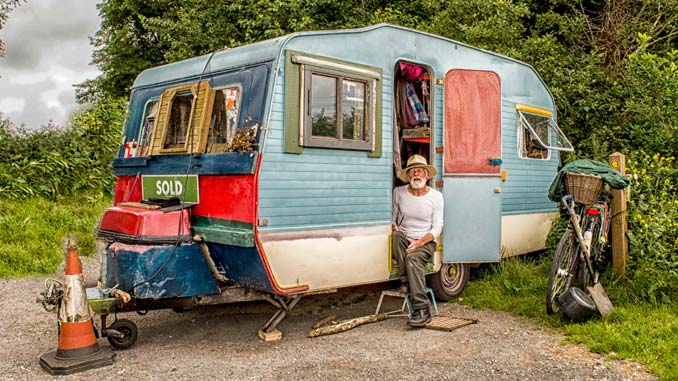
Ralph Waldo Emerson may have summed up the “why do it” part of the question in his essay Self-Reliance when he said:
“I am ashamed to think how easily we capitulate to badges and names, to large societies and dead institutions.”
He is right; stop worrying about what society says you should be, or how so-called authorities say you should live or act. Like Emerson, Thoreau, and so many other great thinkers who realized life was not about the destination, but the journey, take your first step into the off-grid lifestyle and simply understand that real life is not about conformity.
Living off-the-grid means living independently, not only from municipal services but often independently from what society expects of you. In such a lifestyle, individuals aim to reduce their reliance on energy supply companies and other vital utility services that most city dwellers depend on. But they also cut off from government interference, public school indoctrination, and the trappings of modern-day life.
This article will delve deep into what living off-the-grid means, what you need to know before going off the grid, what it takes to live off-the-grid, and essential tips to living off-the-grid successfully.
What do you need to live off-the-grid?
Living off the grid will require a significant change in your lifestyle, and it will take more than your willpower to pull it off successfully. Here are some of the things you will need to consider:
Source of water – When living off-the-grid, you have to ensure you have access to a clean and reliable water source. For example, you could drill a well, build a rainwater catchment system, or tap into a natural spring if you have one on your property.
Alternative power sources – Living off the grid means no power from the grid. Instead, you would need to invest in solar panels, wind turbines, or another alternative energy source to meet your electric energy needs.
Energy storage – Once you have a power source, you will need a way to store that power. This is where the importance of a good battery bank comes into play. You can read more about off-grid battery systems here.
Food – Typically, the off-the-grid lifestyle involves being self-sufficient in feeding yourself and your family. That means researching things like local hunting and fishing opportunities, farming and crop rotation, and raising livestock on your land.
Communications – It’s essential to have a reliable communication system, even when living off-the-grid. From off-grid internet and satellite options to ham radio and other forms of communication, make sure you have a plan!
Finding the Right Land – For a lot of people who come to the site, off-grid living is something they’ve been dreaming about for as long as they can remember. Unfortunately, the dream of living off the grid is something that sometimes causes them to overlook the many challenges associated with the lifestyle.
Living off the grid often means living on a rural property, and living in rural areas presents a number of safety issues that you must be aware of before choosing a property. When it comes to finding the perfect piece of land to build your off-grid paradise, there are some things that you should keep in mind. Check out our article on finding the fight land.
Shelter – Off-grid homes are often constructed much differently than your typical city home. There are several alternative options like Tiny Homes, Earthships and Strawbale homes, but really the most important consideration is making sure your home is as energy efficient as possible to maximize your alternative power sources and battery systems.
But you should also keep in mind that for many people, shelter doesn’t mean being tied to a piece of land. In fact, a growing number of off-griders have decided to forgo the traditional home and opted to be nomads, either living in a boat out on the sea or traveling the world in an off-grid RV or van.
Check out more alternative off-grid living options here.
How do you power an Off-Grid Home?
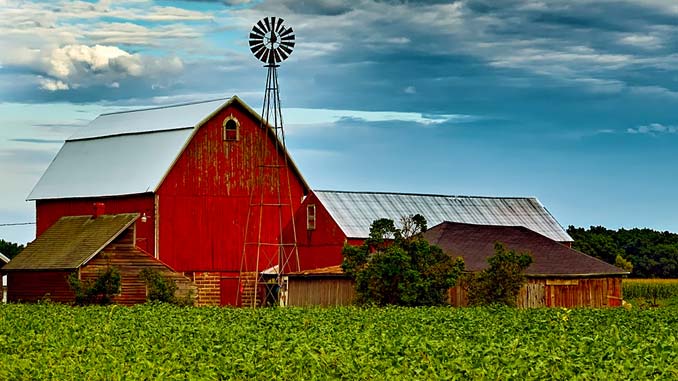
There are some who take the lifestyle to the extreme; insisting on living without any modern conveniences in homes that have little more than wood stove heaters for warmth, and no real electricity to speak of. I’m not going to pretend that I would want to do anything like that long-term; and to be honest, most of the people I talk to who embrace the lifestyle may shy away from certain luxuries, but most realize they can live the best of both worlds.
The truth is, most offgriders just want to be free. We’re not looking to live in a hut like a modern day caveman, we’re just looking to live life the way we choose.
Thanks to modern society and technology, you can now have the best of both worlds. Yes, you can move off into the middle of nowhere and still have access to the internet, watch your Netflix, and live in a home that has appliances and everything that you would expect to find in a big city home.
Here are a couple of articles that will help you figure out the technical aspects of living off the grid, and how to power your dream home.
- How many solar panels and Batteries do you need to run your Off-Grid home? An easy to understand overview of what you need to power a home.
- Off-Grid Batteries, the real Power behind your home. When most people think about off-grid homes, they picture a bunch of solar panels. While you do need to think about solar, most people don’t realize that one of the most important parts of any off-grid solar power system is their battery bank setup. Your battery bank is the foundation of your off-grid power plant.
How do you find Off-Grid Land to Build on?
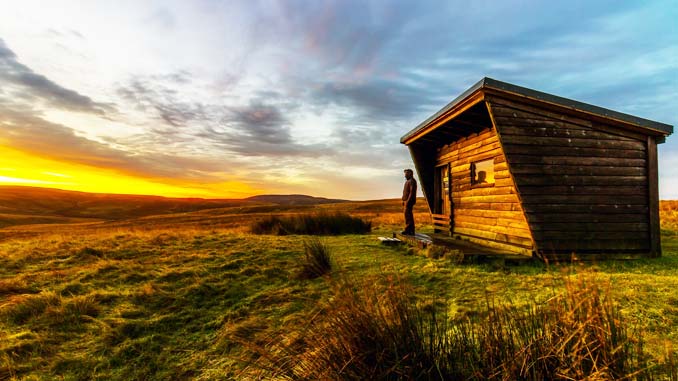
Unfortunately, and I’ll touch on the legal issues in a moment, finding the right piece of property is often the hardest part of truly going off the grid. From zoning issues to areas of the country that have outlawed the lifestyle, there are a number of considerations that you need to account for, well before you even buy your land.
- Can the land sustain your lifestyle?
- What water resources are in the area?
- What natural resources can you exploit?
- Have you checked the local zoning laws to determine whether what you want to do is legal?
Here are two articles to help get you started where I go over all of the considerations and tell you exactly what you need to look for.
- Buying Rural Land: Safety Considerations When Purchasing Off-grid Property
- Finding the Ultimate Bug Out Property or Survival Retreat
How do people make money when living off the grid?

While this may sound a bit contradictory to the meaning of going off the grid, many of the people I know who have successfully managed to make the jump have done so by supporting themselves with some sort of online job or business. The ability to work from anywhere in the world, and still be able to access marketplaces through the internet, has given people the ability to define their lives in whole new ways.
Here are a few things to consider.
You need to cut expenses. Fortunately, this starts to become easier when you choose to throw off the trappings of modern society. Once you realize you can have fun without spending money, you start to figure out what you really need to live, often it’s a lot less than you think.
You need to Start a Business. Now is the time to explore your talents and then figure out how to turn them into a way of generating an income. Whether it’s using your sewing skills to sell clothing online or using your woodworking skills to start a custom furniture business, you probably have something that you can offer to a world of people looking to buy unique custom goods.
Use your Land and your Imagination. Look at your new off-grid land as a resource. Can you conduct hunting and fishing camps in the area; can you start a tourism business that caters to hikers or hunters; maybe just use your land to grow food for the local farmers market; there are hundreds of ways you can exploit your environment to sustain yourself and your lifestyle. Maybe you can even start an off-grid vacation resort like one of these.
Is it against the law to go off the grid?
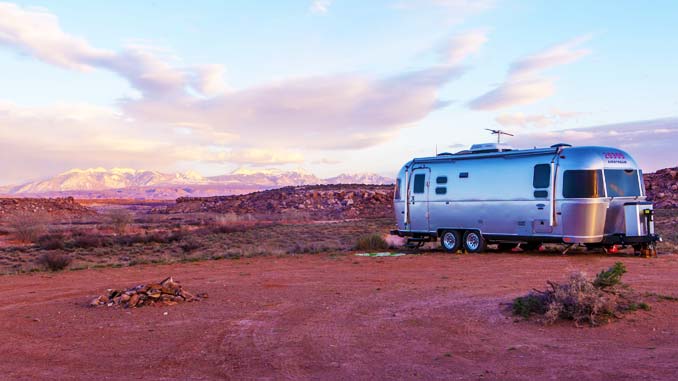
Believe it or not, in many areas of the world going off the grid is actually illegal. From overzealous zoning boards who refuse to approve off-grid homes to towns who have banned specific homes, fined residents, and even arrested and sent Swat Teams in on those who’ve attempted to live the lifestyle, there are numerous legal implications that you need to be aware of before attempting to go off grid.
Unfortunately, we still live in a world that wants you to conform; a world made up of government bureaucrats who fear your freedom and are willing to take it to ensure their tyrannical rule.
That being said — and it sucks even having to worry about it – there are hundreds of thousands of people successfully living off the grid. The way they’ve done it varies, and how they choose to live their lives are about as different as the types of homes they’ve decided to live in, but they are all living life!
Here are a couple of the people we have profiled over the years, I hope their off-grid experiences will encourage you to think differently about life and how you live it.


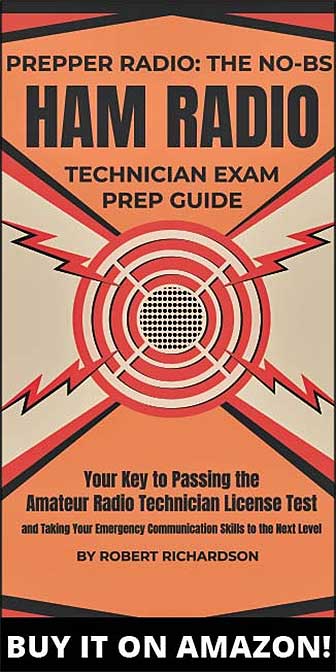
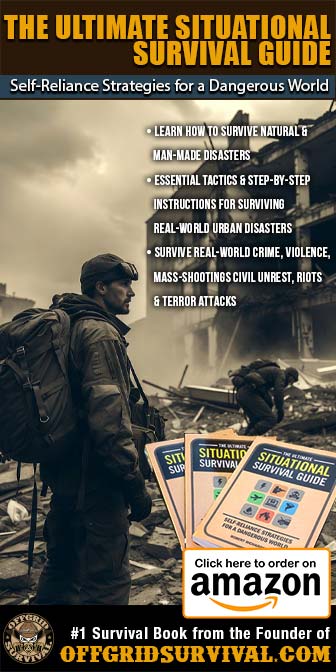



GREAT read keep up the good work….
I think that because the term “off the grid” isn’t well-understood because people use it to describe varying degrees of disconnectedness from the power grid – and society. We say we’re off the grid because we live in a remote area and don’t even have access to the power grid out here. We depend on solar panels and generators to power our batteries. We get our water from our lake. But we are on the Internet using a wireless hub, and we heat and cook with a wood stove and propane-powered appliances. Love our life off the grid – but we certainly don’t feel like we’re “roughing it”.